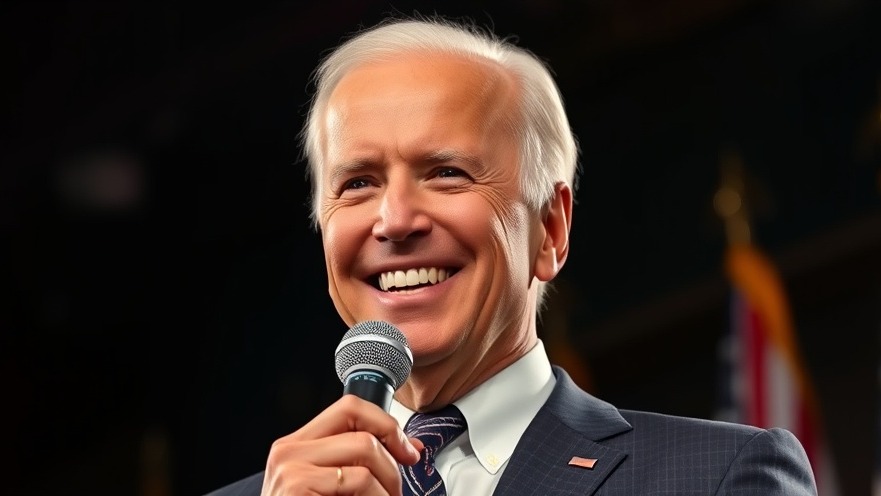
Supreme Court Decision Shakes Police Accountability Landscape
The recent decision by the Supreme Court to overturn a lower ruling against a Minneapolis police officer involved in the George Floyd protests has opened new discussions surrounding the accountability of law enforcement in high-pressure situations. The Court asserted that a comprehensive view of the 'totality of circumstances' must be taken into account when evaluating officer conduct during events like riots, where rapid decision-making is key.
This ruling fits into a broader narrative concerning police reform and the public's trust in law enforcement agencies. As communities increasingly demand accountability, balancing officer discretion with the need for transparency and justice remains a contentious issue.
The Complex Interplay of Law and Order
This decision underscores ongoing debates about the responsibilities and limitations of police during volatile incidents. By emphasizing the need to consider all circumstances leading to an officer's actions, the Supreme Court has set a precedent that could influence future rulings and policies on use-of-force and emergency response strategies. Critics of the decision argue it could weaken the accountability measures that have been developed in response to nationwide calls for police reform.
Community Trust and Police Reform: A Tug of War
Community trust in policing is arguably at an all-time low, with the Floyd protests serving as a catalyst for change in policing tactics and policies. In response to this ruling, law enforcement agencies may need to reassess their strategies to improve community engagement and transparency, focusing on building partnerships with citizens and employing data-driven insights to inform policing methods. Incorporating feedback from community members about police tactics can lead to better policing practices and enhance public safety overall.
The Role of Technology in Modern Law Enforcement
Technology plays a dual role in this evolving landscape. Innovations such as body cameras and AI in policing can effectively improve transparency and accountability. However, reliance on surveillance tools also raises concerns about civil liberties and privacy. Agencies must navigate this balance cautiously, ensuring that technology enhances community trust rather than diminishes it. The integration of crime prevention technology and mental health crisis intervention training could serve as proactive measures to prevent future incidents.
Future Implications for Police Leadership and Officer Morale
As law enforcement agencies react to this landmark ruling, police leadership will be tasked with addressing the implications for officer wellness and morale. Enhanced training programs focusing on de-escalation techniques and mental health support will be crucial. Additionally, policy changes that reinforce officer retention and recruitment strategies should be prioritized to cultivate a resilient, community-focused police force.
Taking Action: Tomorrow's Police Departments
In light of the Supreme Court's decision, it is incumbent upon police departments and lawmakers to prioritize actions that foster public trust, including comprehensive training programs, ethical policing standards, and community engagement initiatives. Contact local lawmakers and express your support for policies that enhance police accountability and promote public safety.
 Add Row
Add Row  Add
Add 

 Add Element
Add Element 




Write A Comment